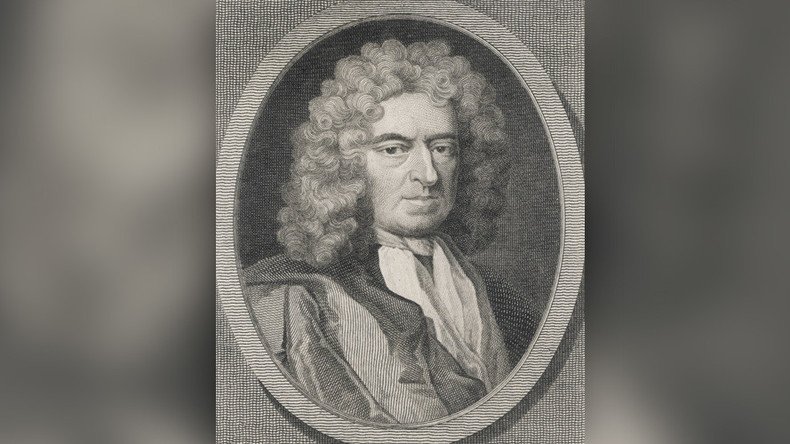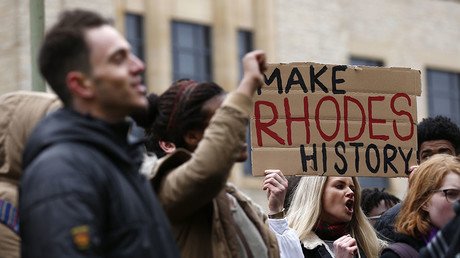Girls’ school founded by slave trader refuses to change its name

A girls’ school in Bristol named after the slave trader Edward Colston is resisting calls from activists to change its name. The school’s head teacher has said there is no benefit in “obscuring history.”
Colston’s Girls’ School, one of the best-performing schools in the region, has been under pressure to drop its controversial name in response to claims that it is offensive to ethnic minorities. However, John Whitehead, the school’s principal, has told parents that the school will be keeping its name because there is “no benefit” in “denying the school’s financial origin.” He said it is important for pupils to “engage thoughtfully” with the past, rather than attempt to airbrush it out altogether.
In a letter to parents, Whitehead wrote: “It has been suggested that Colston’s Girls’ School should change its name in order to remove the association with Edward Colston. We have considered this suggestion and we have listened carefully to views on both sides. After much discussion, it has been agreed that it would not be appropriate to rename the school.”
He went on to explain, according to The Telegraph: “We see no benefit in denying the school’s financial origin and obscuring history itself. To the contrary, by enabling our students to engage thoughtfully with our past, we continue to encourage them to ask questions about present-day moral values and to stand up for what they believe is right.”
Edward Colston was a prominent slave trader. While he donated considerable amounts to the school and is known as one of Bristol’s leading philanthropists, campaigners say much of his fortune came from the misery of Africans. He was a deputy governor of the Royal African Company, which transported around 100,000 enslaved Africans to plantations in the West Indies and America between 1672 and 1698.
In 1710, Colston set up a school for “100 poor boys” before handing over the management of the school and his endowment to the Society of Merchant Venturers of Bristol. In 1873, it was proposed that a portion of the endowment should be set aside for a day school for girls, and in 1891 Colston’s Girls’ School opened for 300 pupils.
The row follows an international movement to “decolonize” universities and cities by removing references to slave traders, colonialists and historical figures with racist views. In 2015, students led an unsuccessful campaign for a statue of the imperialist Cecil Rhodes to be removed from Oxford over claims it was offensive to ethnic minorities.













